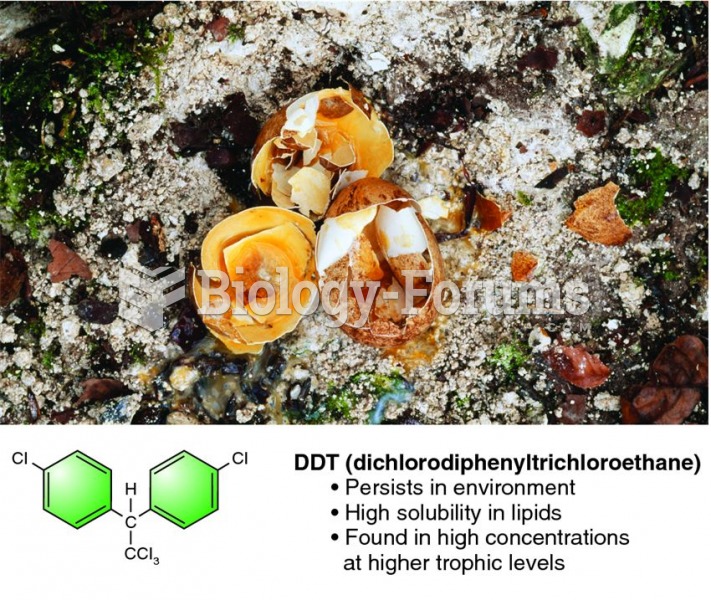Answer to Question 1
Correct Answer: 4
Rationale 1: Phentolamine is nonselective and blocks both the alpha1 and alpha2 receptors.
Rationale 2: Phentolamine is nonselective and blocks both the alpha1 and alpha2 receptors.
Rationale 3: Phentolamine has no action on beta1 or beta2 receptors.
Rationale 4: Phentolamine is nonselective, blocks both alpha1 and alpha2 receptors, and can be used to treat or prevent hypertensive crises caused by catecholamine overdose.
Global Rationale: Phentolamine is nonselective, blocks both alpha1 and alpha2 receptors, and can be used to treat or prevent hypertensive crises caused by catecholamine overdose. Phentolamine has no action on beta1 or beta2 receptors.
Answer to Question 2
Correct Answer: 3
Rationale 1: Sotalol (Betapace) does not affect the secretion of renin from the kidneys.
Rationale 2: Sympathetic output from the vasomotor center in the brain is not decreased with sotalol (Betapace).
Rationale 3: Sotalol (Betapace) is a nonselective beta blocker used exclusively as an antidysrhythmic because it slows the action potential crossing the myocardium, allowing the heart to regain normal rhythm.
Rationale 4: Sotalol (Betapace) does not affect myocardial contractility.
Global Rationale: Sotalol (Betapace) is a nonselective beta blocker used exclusively as an antidysrhythmic because it slows the action potential crossing the myocardium, allowing the heart to regain normal rhythm. Sotalol (Betapace) does not affect the secretion of renin from the kidney or myocardial contractility. Sympathetic output from the vasomotor center in the brain is not decreased with sotalol (Betapace).







